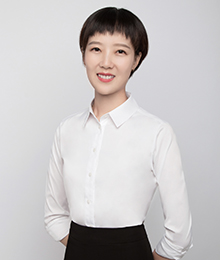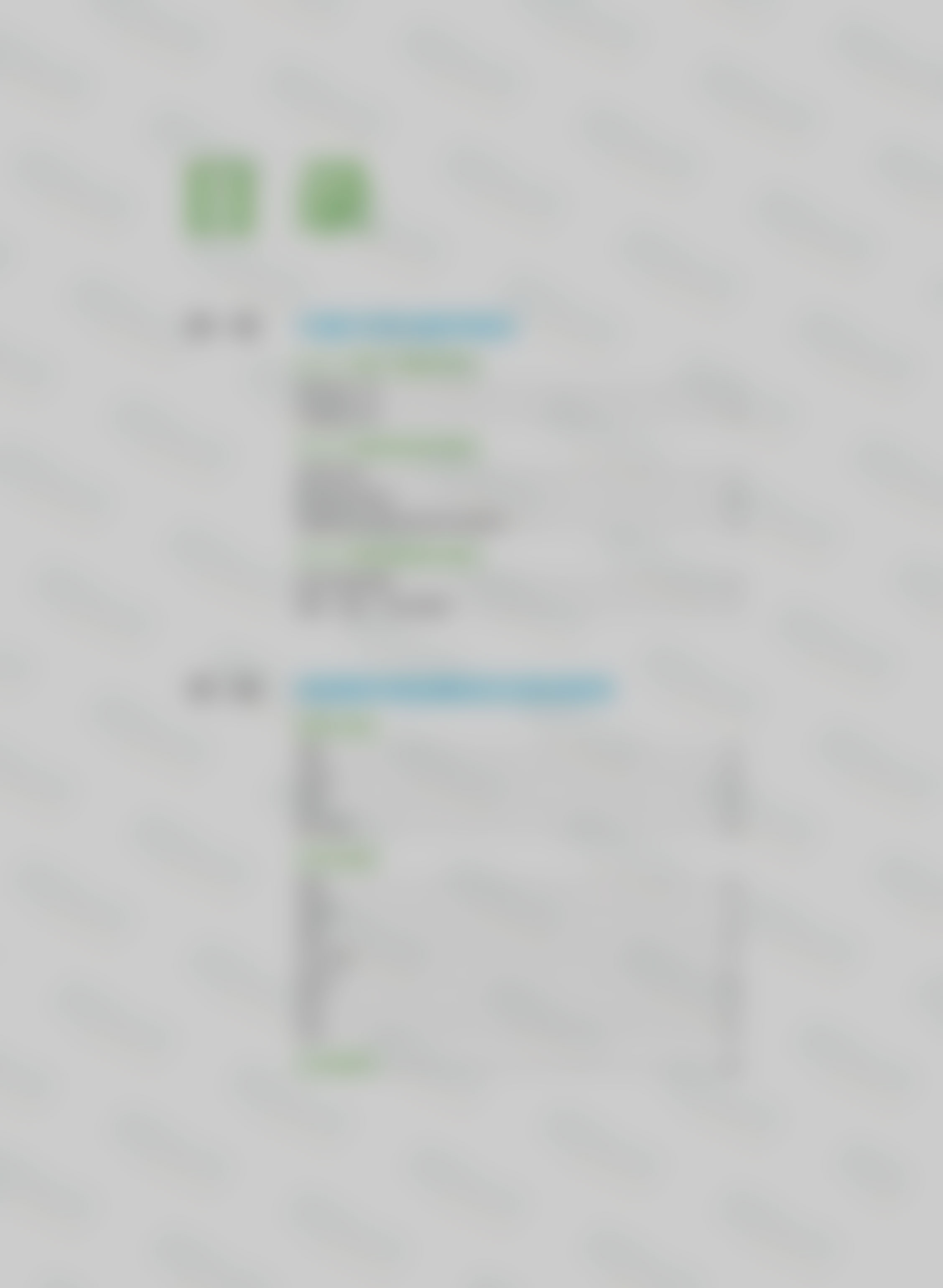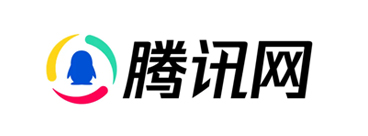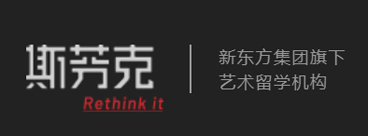围观斯坦福、NYU、密歇根Essay范文!2023美本蓄力!
作为最耗费脑细胞,也是美本申请最重要的材料之一——Essay,请问2023er构思好了吗?
如何写出一篇好的Essay?什么样的文书被招生官当做范文?今天就为大家分享3篇College Essays范文,分别被密歇根大学、NYU、斯坦福录取!
1—密歇根大学
"What's a seven-letter word to describe a specialist in equine hoof care?"
After I typed "farrier" into the answer key, I sat back and surveyed my work. As the final clue in the custom crossword puzzle that I created for my state's equestrian association, it took a bit of coordination to get everything right, but I was able to create enough clues to make a puzzle of intermediate complexity, just as the client had requested.
Having a job creating custom crossword puzzles is one part trivia and one part strategy. Sometimes I get so into the client's request that I'll research a topic for hours, coming up with hundreds of possible clues on the specific subject I've been assigned to cover. But then when the time comes to design the "Across" and "Down" grids, I struggle to line everything up perfectly and have to scrap my well-established intentions and start over.
But that's part of the fun of being a crossword puzzle designer, which is how I describe myself on the business card that I hand out to pretty much everyone I meet. I started out making puzzles for fun, then I offered to make one for my brother's robotics team when I was 14. After that, his teacher asked if I could make one for his bowling league's Christmas party, and word began to spread from there. Before long, I had requests coming in not only from people in my local community, but from those in other states, regarding topics I didn't know existed.
For example, although I'd never considered how asphalt was made in the past, I learned phrases like "hot mix" and "aggregate" after making a crossword for a local paving firm. While pickleball had never been on my radar screen before, I picked up terms like "chop" and "backspin" while designing a crossword for the local seniors' community pickleball team. As my business grew, so did the skepticism from those who seemed to think I was pursuing an odd method of making money. Not only that, but people began offering opinions about how my self-employment would affect my free time.
"If you keep making crosswords for other people, you won't enjoy solving them anymore," my uncle warned me one Sunday as I completed the New York Times' crossword puzzle. But as I entered the phrase "Pick up the Pacer" in response to the clue "Give a ride to an Indiana hoopster," I knew he was incorrect.
For me, creating crosswords is just as fun as solving them – maybe even more so. When I look at an empty crossword grid, it must be the same way a farmer feels when viewing an open field. I see all of the possibilities and potential before me as a challenge and a gift. The world is mine to create, and each word that I put on the page is like a seed planted in the dirt. It doesn't have just one sole purpose. It feeds into the rest of the clues, providing much-needed vowels and consonants to the words that will intersect it.
Although I haven't yet found a way to work "cruciverbalist" into a crossword, I hope to make it happen someday, because that's the word that describes me. I'd like the clue for it to be listed first when I get to design the ultimate puzzle — one for a crossword enthusiast's association. I can see it now: "1 Across: A person who is skilled at solving or creating crossword puzzles."
Certainly the crossword enthusiasts will smile as they complete that clue, content in the fact that someone "gets" them. I'm smiling just thinking about it.
2—纽约大学
"It's a mammoth tusk," my friend said.
I held up the item that I'd just dug out of the ground and examined it against the light. It was only a few inches long, beige in color, and hard as a rock. "Mammoth tusks would be huge," I told him, stuffing it into my pocket to examine later.
When I got home that day, I set the item on a shelf in my room where I stored all of my artifacts. Even then, in second grade, I had at least 25 different things in my collection. Some of them were simple to identify: A marble, a plastic comb, some fake coins from Chuck E. Cheese. But all of them were mine – dug from the ground in the woods around my neighborhood and cleaned off by me for later inspection.
My tools weren't fancy. I had a small metal garden shovel that my parents no longer needed, an old paintbrush, and a metal tool that I assumed was a stainless steel chopstick (found previously in the dirt at a playground). My method was pretty simple: Use the shovel to dig a hole, and if it hit anything, I'd use the chopstick to pry it out. After that, I'd dust it off with the paintbrush and take it home.
My best finds were the things I couldn't identify. Did I dig up a piece of an old parachute? Or was it just someone's sock that fell out of a backpack during a hike? Is someone looking for this item, or was it purposely discarded? I would go over these unidentifiable objects repeatedly, touching and polishing them to try and get their history to flow into my body. Sometimes I'd have a dream where I definitively diagnosed my items. I'd wake up and say "Oh that's right, the rusted metal I found on Tuesday wasn't an old beer can – it was discarded war ammunition." Then I'd realize that this insight came from my dream, not from real life, and I'd be back to square one.
My hobby continued for years, and eventually my grandparents bought me a metal detector. I took it out on a dig in sixth grade, eager to bring up a tub filled with gold and silver coins, but the only things I detected with it were a belt buckle and an old crucifix pendant, which my brother assured me was cursed, so I put it back where I'd found it.
Even though those were decent finds, I felt like the metal detector was taking part of the fun out of my digs. After a few weeks, I put it in the garage and grabbed my previous tool bag. Armed with my shovel and other materials, I could once again dig holes throughout the woods, with or without my friends, and make discoveries.
My collection of archeological items is smaller now. When we moved, I had to part with a few things, but I was sure to keep the ones I couldn't identify. Into the trash went the marbles and belt buckles. Onto the shelf in my new house went the tusk, the parachute, the ammunition and other items that had been ambiguously ID'd by me.
Last year, while cutting through the woods to my friend's house, I lost a soapstone keychain. I looked for days, but never located it. Sometimes I wonder if a second grader out digging may have found it.
"Is it a tusk?" he asked his friend.
Then, in my dream, he proudly put it on a shelf to fuel his own sense of wonder, never knowing who left it there or why, only to create his own stories about it.
3—斯坦福大学
When my parents met, my mom was a 16-year-old, straight-A student from Indiana and my father was a 26-year-old convenience store employee. "Don't date him," they told her. "He's too old for you, and it will be nothing but trouble." My mom didn't listen.
But those people were right.He was nothing but trouble. He isolated my mother from her family and convinced her that things would be better if she moved in with him. Before long, she was pregnant with me. "Don't have the baby," they told her. "He'll just leave and you'll be raising the baby on your own." My mom didn't listen.
But those people were right.My father left shortly after I was born, and she was alone with me at 17 years old. "Don't drop out of school to raise the baby," they told her. "It will be too hard and you won't be able to make to make it work without an education." My mom didn't listen.
But those people were right. By the time I was in middle school, my mother was selling drugs to pay the bills, and she used them as well. She thought I didn't know, but she wasn't very good at hiding it. "The daughter is going to end up just like the mother," they said. "Her father's gone and her mom's a drug dealer, she'll never amount to anything."
But those people were wrong.
I may not have had parents to guide me, but I had books that showed me a better way. I could see myself in the characters and experience the same range of emotions that I read on each page. I learned about things that were possible with hard work, and envisioned worlds that existed only in fantasy. But in every book, I got inspiration.
Whereas some people saw tragedy when they read about Anne Shirley being sent to Green Gables, I saw a young woman who put in the work to achieve her goals and disprove everyone who made assumptions about her. And when I read about Mary Lennox's quest to find the Secret Garden, I didn't see a spoiled rich girl. Instead, I saw a young woman who used imagination and inspiration to create her own happy endings.
Reading was the one thing I could do without having to ask for money, or a ride to the bookstore. I could check out an eBook from my library and download it right to my phone as I sat on my front porch. I was able to tune out everything else going on in my life and focus on what was possible. And it wasn't just the characters who inspired me, but the writers as well. I decided that if these strangers could create stories that captivated and motivated readers, then I could do it too.
Instead of reading every day, I started writing. Paragraphs became pages, which became chapters. By the time summer arrived, I had written an entire book with 36 chapters and an array of adventures. I hope to share the book with young adults in the future so they can be as inspired by my words as I have been by the writing of others.
But my book isn't ready for its debut yet. It sits in a file on my computer, waiting for the right time to bring it to light. What's important is that it's there, telling the story of a young girl who overcame her challenges and went on to life of strength. Her family's situation didn't pre-define her, and the opinions of others didn't shape who she became.
It's a story that I'm proud to have written, and I'm not worried about whether anyone ever reads it. What matters is that it's possible for a girl like me to create my own ending.













